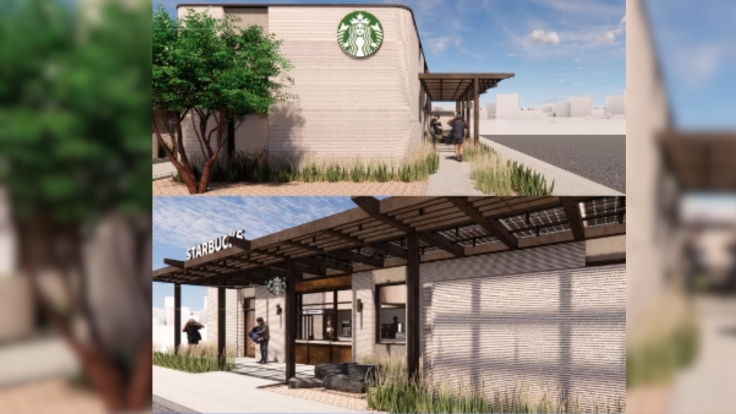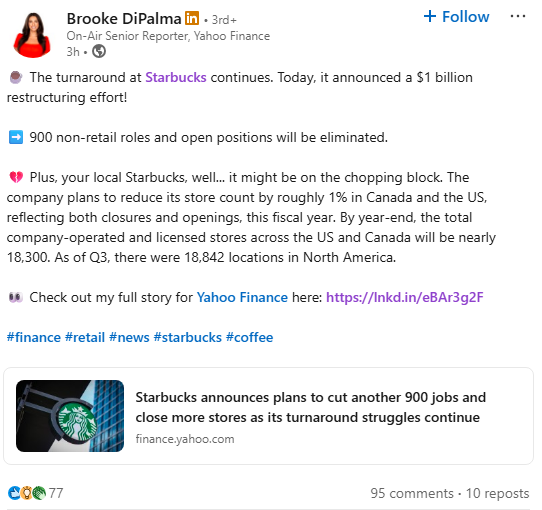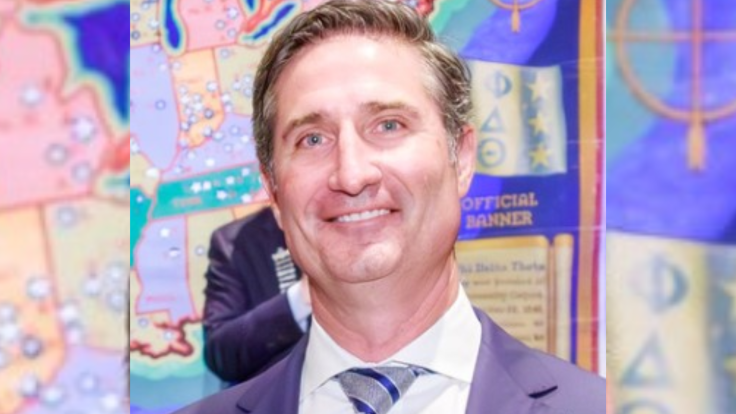Is the New Starbucks CEO Failing? He Just Axed 900 Workers While Splurging on 'Cozier Chairs'

Starbucks is eliminating around 900 corporate and support roles and closing underperforming stores as part of a sweeping $1 billion restructuring plan led by CEO Brian Niccol.
At the same time, the coffee giant will invest heavily in café renovations, a move critics say shows misplaced priorities as workers face job insecurity.
The strategy has triggered a backlash from unions and raised doubts among analysts about whether Niccol's vision will deliver the turnaround investors expect.
What Was Announced
On 25 September, Starbucks announced plans to eliminate approximately 900 corporate and support positions and close stores deemed underperforming. The measures are part of a $1 billion restructuring plan designed to simplify operations and sharpen the company's focus on its most profitable cafés.

The job reductions primarily affect non-retail employees working in corporate or regional support roles, rather than baristas or store managers. Starbucks has also confirmed that dozens of store closures are planned across the United States and Canada, with some reports estimating the figure to be around 100. The company said locations unable to deliver the customer experience it envisions would be prioritised for closure.
Why Starbucks Is Making Changes
Chief Executive Officer Brian Niccol, who became CEO in September 2024, described the restructuring as a twofold strategy: cutting overhead while reinvesting in the in-store experience. Starbucks plans to renovate more than 1,000 cafés, updating interiors, layouts and lighting to create a more traditional coffeehouse atmosphere.
Niccol has emphasised the need to modernise while reducing organisational complexity. Earlier in 2025, Starbucks eliminated about 1,100 corporate roles in a separate restructuring round. He informed employees that the company had become too complex, slowing decision-making and increasing costs.
Financial and Competitive Pressures
The restructuring comes as Starbucks faces slowing sales growth in North America. Recent quarters have shown weaker same-store sales compared with previous years, with analysts citing softer customer demand and rising competition. Chains such as Dutch Bros, Tim Hortons, and Panera have intensified efforts to capture market share by offering lower prices or faster service.
At the same time, Starbucks is contending with higher labour and commodity costs, which have pressured profit margins. By reducing overhead and focusing investment on its busiest stores, the company aims to restore profitability while enhancing the customer experience.
Niccol is well known for his earlier leadership roles at Taco Bell and Chipotle, where he oversaw brand refreshes and operational streamlining. His appointment at Starbucks was seen as an attempt to bring similar turnaround expertise to the coffee chain.

Union and Worker Reaction
The job cuts and store closures have drawn criticism from Starbucks Workers United, the union representing thousands of baristas. The group stated that the company's priorities are misplaced and argued that resources should be focused on staff rather than renovations.
Starbucks Workers United has been at the centre of a unionisation campaign since 2021, organising hundreds of stores. The latest restructuring adds to tensions between the company and labour groups, who warn that reducing corporate support functions may disrupt store operations, supply chains and product quality.
For workers already navigating busy shifts and high customer expectations, the news has added fresh uncertainty. While Starbucks says no barista jobs are directly targeted, union leaders argue that every layer of support matters for how smoothly stores run.
Risks and Outlook
Analysts say the strategy carries risks. Reducing corporate teams may deliver short-term savings, but it could hinder execution in areas such as marketing, logistics, and innovation. Meanwhile, betting on renovated cafés assumes customers will spend more time and money in-store. With consumer spending uncertain, the outcome is not guaranteed.
Starbucks announced that it will provide severance and transition support for affected employees, emphasising that the restructuring is designed to strike a balance between cost discipline and customer experience. Investors will closely watch upcoming earnings to see whether the plan improves sales and margins, or if further adjustments are needed.
© Copyright IBTimes 2025. All rights reserved.





















